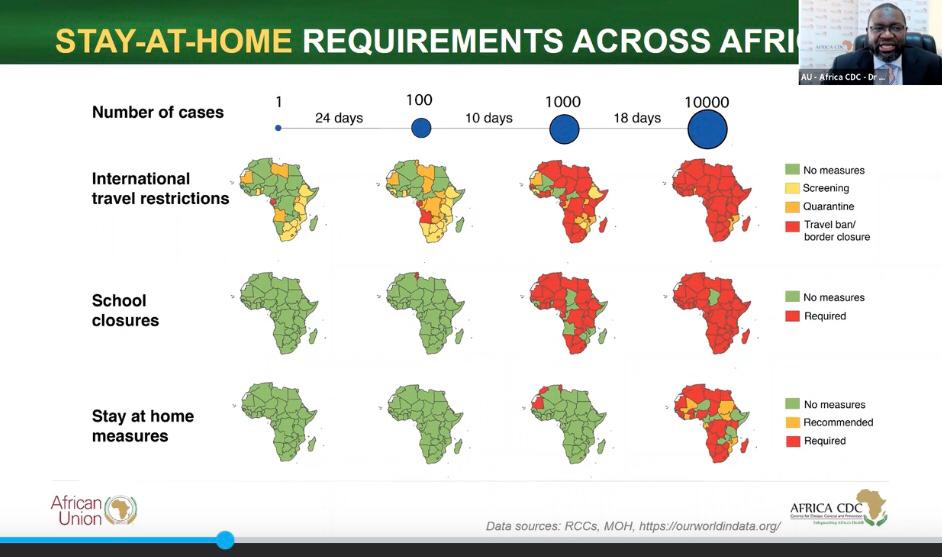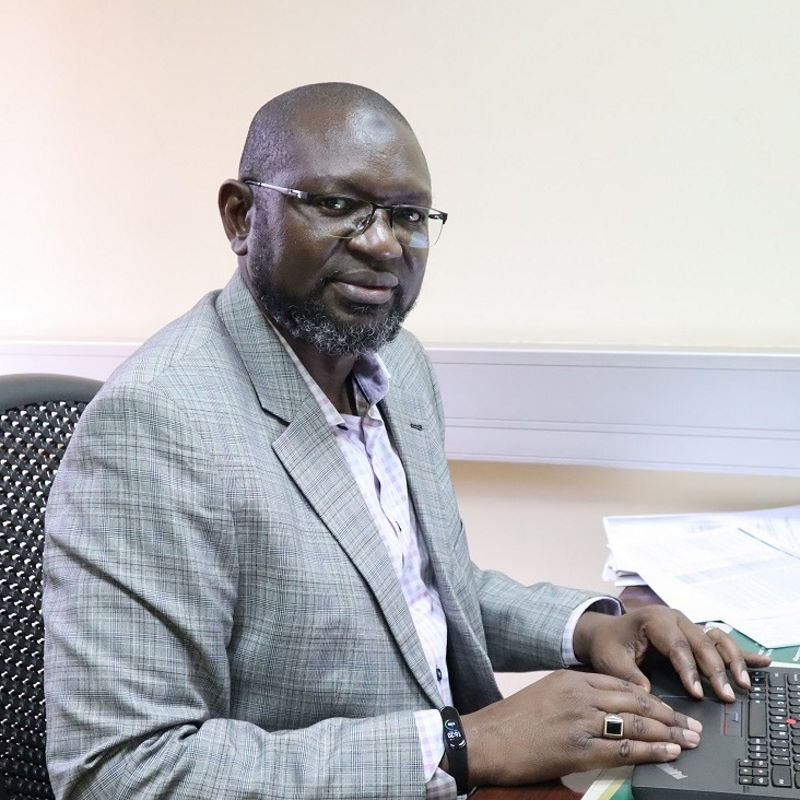African countries moved fast to implement public health measures to contain the spread the Covid-19 when the first case broke out in the continent, a move that assisted in preventing a catastrophe as was seen in Europe, the Africa Centres for Disease Control and Prevention (CDC) has said.
As of January 14, 2021, the world has recorded 93.2 million cases, 51.4 million people have recovered with two million deaths.
Of these cases, Africa has over three million confirmed cases, 2.4 million recoveries and documented over 72 000 deaths (although there are concerns that irregular testing masks the true spread of the coronavirus).
When Covid-19 wrecked havoc across Europe, international media reports and opinion articles suggested that Africa would ‘fall apart’ under the weight of the coronavirus due to misgovernance and a lack of health-care infrastructure and analysts said the world must prepare itself to offer aid and assistance.
But when the first case broke out in Africa, countries rallied each other and introduced lockdowns (which have been criticised for contributing to human rights violations and maintaining grip of authoritarian regimes) to contain spread of Covid-19.
On February 14 last year, Egypt recorded Africa’s first Covid-19 case and a week later, on February 22, African Union Heads of State and governments endorsed the need for an African Joint Continental Strategy.
They then formed the African taskforce on Coronavirus Preparedness and Response (AFTCOR) to coordinate Covid-19 activities.
Africa CDC Deputy Director Dr Ahmed Ogwell Ouma praised how the continent rapidly adopted non pharmaceutical interventions such as the ‘stay at home orders’ or the public health measures to contain further spread.

“So far I can confirm to you that countries in Africa have done an extremely good job of doing their part in as far as implementing some of the guidelines and enforcing public health measures under very difficult circumstances. Indeed you will recall that at the beginning of the pandemic people were actually predicting that there would be millions dead.
But our deaths are barely above 70 000. We see countries in Africa, very unprecedently doing the right things, following guidelines, this makes very hopeful and we will not need to name and shame any country and that this pandemic can be brought under control within the next 12 months or so,” Dr Ogwell said in a briefing with sub-Saharan journalists on Africa’s response to Covid-19.
Dr Ogwell cited that within two months after the first Covid-19 case was recorded in Egypt, Africa rapildy moved from no real travel restriction to a complete lockdown.
“Look at international travel for example, in the beginning, you will see (in above image) Africa is green with patches of yellow, as there was no requirement for any serious public health measure but that was when Egpty had Africa’s first case. Within the first 24 days to next 10 days and 18 days, the raoid revolution from no real travel restriction to complete lockdown was very quick and that was within two months,” he said, adding that countries also moved rapidly to close schools.
“The same thing happened with school closures, when there were about 100 cases, schools were still open but when Covid-19 cases reached 1 000, the whole continent went red. The stay at home measures took a little bit time but by the time we reached 10 000 Covid-19 cases, the whole continent was at home,” said the health expert.
The Africa CDC official said this rapid evolution of the requirement for public health measures was a result of solidarity between African member states.
“This included the involvement of heads of state, ministers, policy makers under the umbrella of the African Joint Continental Strategy passed on February 22, 2020,” he said.
Dr Ogwell also praised how Africa moved from zero capability concerning diagnostic capacity in January 2020 to whole of the continent by November.
“When virus was present in January, 2020 no country in Africa had diagnostic capacity. In February 2020, South Africa and Senegal were the two countries that developed capacity but by November 2020, we had trained the whole of Africa who could now do Covid-19 tests,” he said.
“We trained 1 300 laboratory personnel, six million test kits and supplies were distributed and 27 million tests were conducted. It was not easy at the time due to lockdown and travel was difficult but we managed to find a way. We did training online, using capacity from the country to make sure the tests were done correctly. Those who were trained face to face went back to their countries to train others. It was a fantastic ride but tough yet we have the capacity to be able to hold our own.”

